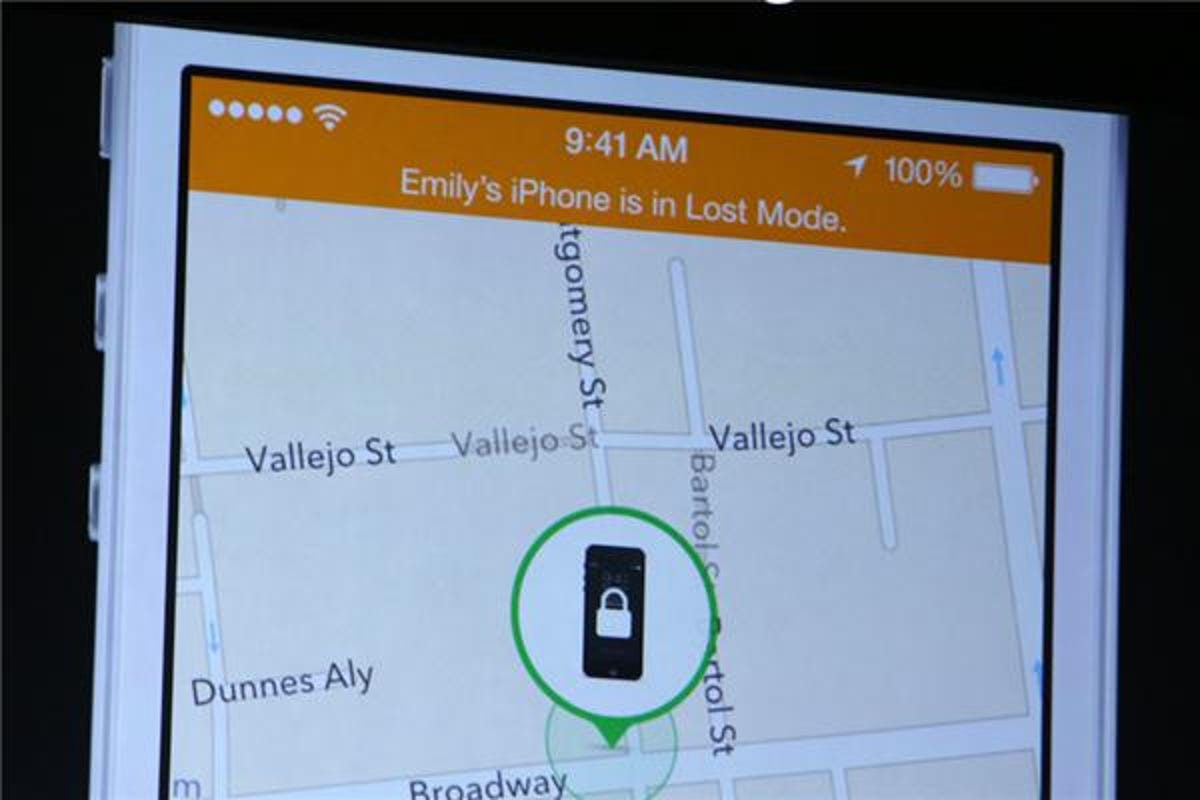
James Martin/CNET
Lawmakers have been clamoring for antitheft software to become standard and enabled on all smartphones, in an attempt to curb a rising tide of mobile device thefts over the last few years.
But a researcher from Creighton University’s Heider College of Business has been looking into another benefit to the software. In a study released Tuesday, he said it could save US consumers $3.4 billion a year.
The technology, dubbed a kill switch, gives smartphone users the ability to lock a phone remotely, that is, without having it in hand. The argument from supporters is that rendering a phone inoperable would make stealing it pointless, deterring would-be thieves from even trying.
There has been political groundswell around the issue. In May, Minnesota became the first US state to pass a kill-switch bill. A similar bill in California — sponsored by San Francisco District Attorney George Gascon — won approval by the state senate in May. Efforts in New York are being spearheaded by Attorney General Eric Schneiderman.
Related Stories
- California Senate approves smartphone ‘kill-switch’ bill
- California shoots down ‘kill switch’ legislation for smartphones
- Is the smartphone ‘kill switch’ really bad for business in California?
There has been some pushback by wireless carriers, though, who say a kill switch could be exploited by hackers. Supporters of the bill have questioned the motives of the industry, pointing to lucrative partnerships with insurance companies.
“As the epidemic of smartphone theft continues to grow, so do the profits insurance companies and carriers reap off the victimization of their own customers,” said Gascon, in a statement Tuesday. “The common sense theft deterrent features we have been advocating for will not only save millions of people from violent victimization, it will also save consumers billions of dollars.”
The CTIA, a US trade organization representing the wireless industry, said it could not comment on the veracity of the Creighton study, and called Gascon’s remarks “misplaced, unfortunate and misinformed.”
“The wireless industry has already provided numerous anti-theft solutions, many for free, to consumers and they will continue to do so,” said Jamie Hastings, the CTIA’s vice president of external and state affairs, in an email to CNET. “This is being done because the wireless industry is committed to providing tools to law enforcement to safeguard its consumers, their devices and their personal information.”
William Duckworth, a business professor at Creighton, came to his conclusion by examining the average costs related to smartphone theft. He said Americans spend $1.1 billion a year replacing stolen phones, a cost, he presumes, would go away with kill switches. Americans currently spend $5.5 billion a year on premium cell phone coverage from wireless carriers, but could save $2.3 billion a year by switching to more basic insurance plans that cover damage and not theft, he said.
He got to the overall savings of $3.4 billion by adding the $1.1 billion for stolen phones, and the $2.3 billion for insurance cost savings. CNET contacted Duckworth for more details on his conclusions and methodology, and will update this post when we hear back.
According to a study by industry experts cited by California lawmakers, the replacement of lost and stolen phones was a $30 billion business in 2012.
Duckworth also said 83 percent of the 1,200 smartphone owners he surveyed believe a kill switch would reduce cell phone theft.
Samsung and Apple, the No. 1 and 2 smartphone makers in the world, already have antitheft software available on their phones. In September, Apple added “activation lock,” a feature that makes it harder for someone to use a stolen iPhone. The program requires a user’s Apple ID and password before they can turn off the phone’s location tracking or reactivate a locked phone. In April, Samsung, maker of the popular Galaxy smartphone line, launched “reactivation lock,” which prevents a locked phone from being made operable again, even through a factory reset.



